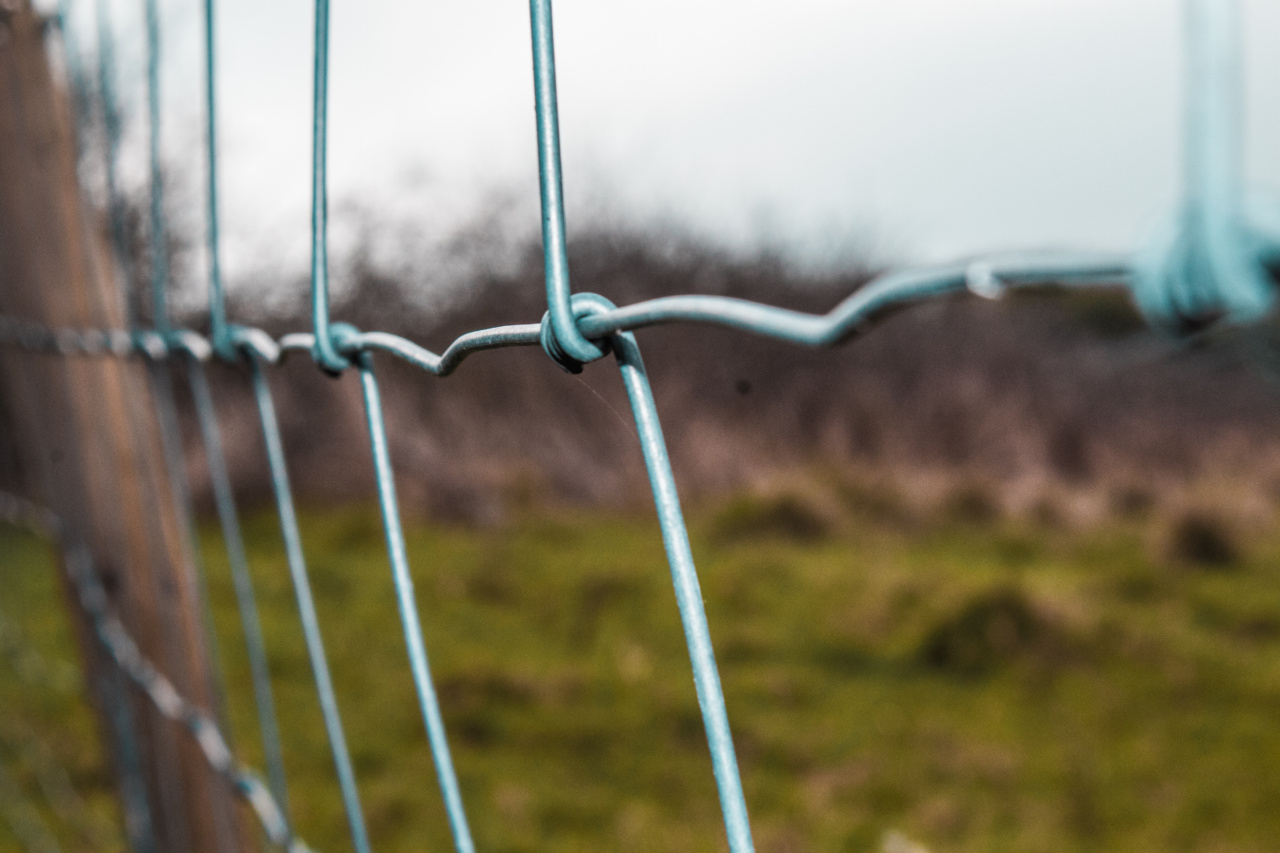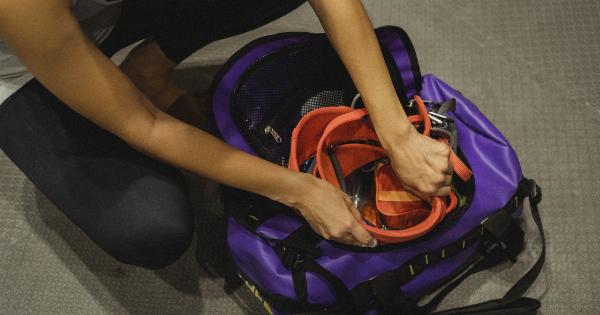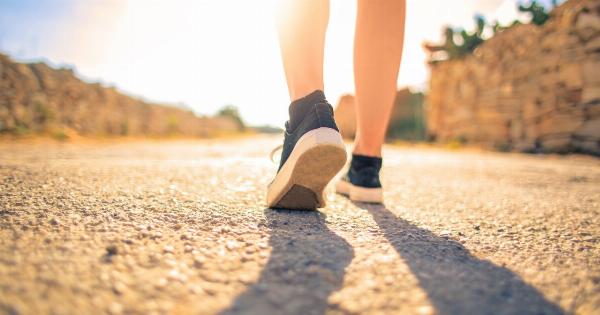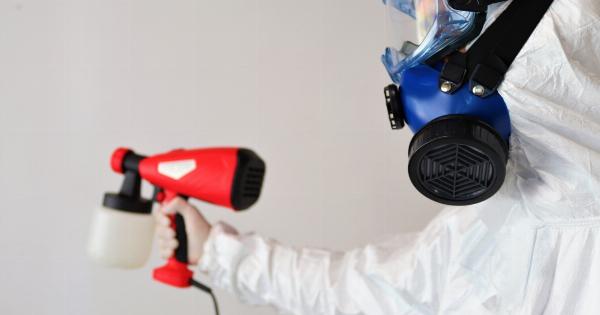Summer is a time for outdoor activities, fun in the sun, and quality time with loved ones. However, it’s important to prioritize safety during this season to prevent accidents, injuries, and other mishaps.
Whether you’re hitting the beach, planning a backyard barbecue, or embarking on a family vacation, keeping yourself and your loved ones protected should be a top priority. In this article, we will discuss some essential summer safety tips that can help you enjoy the season while minimizing risks.
1. Stay hydrated
One of the most crucial aspects of summer safety is staying hydrated. The hot weather and increased physical activity can quickly lead to dehydration if you’re not careful.
Make sure to drink plenty of water throughout the day, even if you don’t feel thirsty. Avoid excessive consumption of caffeine or alcohol as they can contribute to dehydration. Pack reusable water bottles for everyone in your family when heading outdoors, and drink water every 15-20 minutes, especially during intense physical activities.
2. Apply sunscreen
Protecting your skin from the harmful effects of the sun is vital during the summer. Apply sunscreen with a minimum SPF of 30 at least 15-30 minutes before going outside.
Don’t forget to reapply every two hours or more frequently if you’ve been swimming or sweating. Cover all exposed areas of your body, including your ears, neck, and feet. Choose a broad-spectrum sunscreen that protects against both UVA and UVB rays.
Wearing protective clothing, such as hats, sunglasses, and long-sleeved shirts, can also help shield your skin from the sun.
3. Be mindful of water safety
Whether you’re swimming in a pool, lake, or ocean, water safety should always be a priority. Ensure that young children or inexperienced swimmers are constantly supervised by an adult who is a strong swimmer.
Teach your children basic water safety rules, such as not diving in shallow water and never swimming alone. If you’re heading to the beach, pay attention to warning flags and signs. Also, remember to stay hydrated and take breaks when swimming for extended periods.
4. Practice proper food handling
Summer often means outdoor picnics, barbecues, and potlucks. To avoid foodborne illnesses, it’s crucial to practice proper food handling and hygiene.
Keep perishable foods, such as meats, dairy products, and salads, chilled in coolers with ice or freezer packs until they are ready to be cooked or served. Avoid leaving food at room temperature for too long, as bacteria can multiply rapidly in warm conditions. Use separate cutting boards and utensils for raw and cooked foods to prevent cross-contamination.
Ensure that all meats are thoroughly cooked and reach the appropriate internal temperature.
5. Stay cool in the heat
Heat-related illnesses, such as heat exhaustion and heatstroke, are common during the summer. To stay cool, limit your exposure to extreme heat and take necessary precautions.
If possible, stay indoors during the hottest parts of the day (usually between 11 am and 4 pm). If you must be outdoors, seek shade and wear lightweight, light-colored, and loose-fitting clothing. Use hats and umbrellas to protect yourself from direct sunlight. Consider using cooling towels or sprays to help regulate your body temperature.
Also, be aware of the symptoms of heat-related illnesses and seek medical attention if necessary.
6. Prevent insect bites
Bugs and insects are abundant in the summer, and their bites can cause irritation, itching, and sometimes transmit diseases.
Use insect repellents containing DEET, picaridin, or oil of lemon eucalyptus to repel mosquitoes, ticks, and other biting insects. Wear long sleeves, long pants, and closed-toe shoes when venturing into wooded or grassy areas where insects are prevalent. Keep doors and windows screened to prevent insects from entering your home.
Check yourself and your loved ones for ticks after spending time outdoors, especially in areas with high tick populations, and remove them promptly with tweezers.
7. Travel safely
If you’re planning a summer road trip, make sure to prioritize safety on the road. Before embarking on your journey, check your vehicle’s tires, brakes, and fluid levels to ensure they are in proper working condition.
Follow all traffic rules, drive responsibly, and avoid distractions while driving. Take breaks every couple of hours to rest and stretch. Ensure that everyone in the car wears seat belts properly, and if you’re traveling with children, use appropriate child restraints based on their age, height, and weight.
Plan your route in advance, be prepared for unexpected situations, and have a roadside emergency kit easily accessible.
8. Don’t forget about pets
Summer safety isn’t just for humans – it also extends to our furry friends. Keep your pets safe and comfortable during the hot weather by providing them with access to shade, fresh water, and cool areas.
Avoid exercising them during the hottest parts of the day to prevent overheating. Never leave pets unattended in a parked vehicle, as temperatures can rapidly rise, leading to potentially fatal consequences.
Protect them from pests by using appropriate flea and tick preventatives, and make sure they are up to date on vaccinations if they’ll be spending time in outdoor areas or boarding facilities.
9. Be cautious of fireworks
Summer is often associated with fireworks, especially during celebrations like the Fourth of July. While fireworks can be a source of entertainment, they can also be dangerous when not handled with care.
If you plan to use fireworks, familiarize yourself with local laws and regulations regarding their use. Only purchase legal fireworks from reputable sellers. Follow all safety instructions provided and keep a good distance from other people, buildings, and flammable materials.
Have a bucket of water nearby to extinguish fireworks properly, and never relight a dud firework. Consider attending public firework displays organized by professionals to minimize potential risks.
10. Maintain proper hygiene
Lastly, maintaining proper hygiene practices is important for overall summer safety. Wash your hands frequently with soap and water, especially before handling food or eating. Encourage children to do the same.
Use hand sanitizers when soap and water are not readily available. Keep your living spaces clean and free from clutter to reduce the risk of accidents or injuries. Dispose of trash properly, especially if it contains food waste, to prevent attracting pests.
By practicing good hygiene habits, you can minimize the chances of illnesses and contribute to a healthier summer for everyone.































